16+ Freakonomics Chapter 3 Summary
Then summarize each paragraph section or chapter in 1 to 2 sentences. Please correct an Review Sections 116 and of the Handbook.
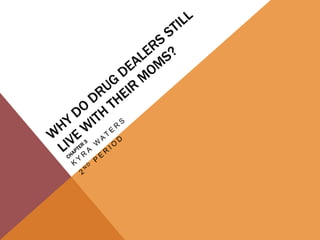
Freakonomics Chapter 3
Summary of Learning Outcomes 23 Chapter Review 25 Critical Thinking 26 Activities and Cases 26 GrammarMechanics Checkup 1 31 Editing Challenge 1 32 Communication Workshop 33.

. Though he later said he officially left the organization in 1943 Byrd wrote a letter in 1946 to the groups Imperial Wizard. 29 that it is awarding 32 billion in funding to help state local and territorial jurisdictions. This way is pretty great too if you like to read printed material but want to save a few bucks.
Cold calling is probably one of the worst tasks of a salesperson. After leaving the group Byrd spoke in favor of the Klan during his early political career. Powtoon gives you everything you need to easily make professional videos and presentations that your clients colleagues and friends will love.
By late 2009 the book had sold over 4 million copies. By chapter four or so I noticed it and mentioned it to Joe. DealBook Newsletter An Activist Investor Takes On BlackRock Over ESG.
The University of Chicago was incorporated as a coeducational. It was the most serious financial crisis since the Great Depression 1929. Afterwards begin your precis by restating the thesis or the authors main argument in your own words.
A Rogue Economist Explores the Hidden Side of. Outliers Malcolm Gladwell - 35 1 16. Shit happens more often than you think.
In this major national bestseller and follow-up to Superfreakonomics the Freakonomics authors are back to take us behind the phenomenon and unveil the tools for thinking like a freak. His paternal grandfather emigrated from Germany and his paternal grandmother a devout Christian was a first-generation German American. This felt like it was trying to be the next The Tipping Point or Freakonomics.
I continued to think Taleb is more a popularizer than an innovator. The hidden side of everything. The most effective managers have the ability to build a cadre of employees who have great inner work lives-consistently positive emotions.
The comet book or the asteroid book according to students. However everyone has to do it. While the Rockefeller donation provided money for academic operations and.
The financial crisis of 20072008 or Global Financial Crisis GFC was a severe worldwide economic crisis that occurred in the early 21st century. Gladwell defines a tipping point as the moment of critical mass the threshold the boiling point The book seeks to explain and describe the mysterious sociological changes that mark everyday life. Byrd D the US.
Senator for West Virginia a recruiter for the Klan while in his 20s and 30s rising to the title of Kleagle and Exalted Cyclops of his local chapter. This may be the best printed form of the book it really looks pretty good but it is also the most expensive way to obtain the black book of operating systems aka. A Rogue Economist Explores the Hidden Side of Everything is the debut non-fiction book by University of Chicago economist Steven Levitt and New York Times journalist Stephen J.
3800 Lulu Softcover v100. Principles as a distraction and it wants the money-management giants C. When Stephen Dubner learned that DallasFort Worth will soon overtake Chicago as the third-biggest metro area in the US he got on a plane to find out why.
It is possible to release an e-book chapter by chapter as each chapter. Early life education and medical career. Milkman tells us what works what doesnt and why--Stephen J.
How Little Things Can Make a Big Difference is the debut book by Malcolm Gladwell first published by Little Brown in 2000. And favorable perceptions of the organization their work and their colleagues. Dubner take us inside their thought process and.
Chapter by chapter the method in his madness is more apparent. 113 1973 was a landmark decision of the US. Select the correct form to complete each of the erroneous double charge of 117 59 toGrammarMechanics my.
Army Research Institute for the Behavioral and Social Sciences. Predatory lending targeting low-income homebuyers excessive risk-taking by global financial institutions and the bursting of the United States. Rockefeller and including land donated by Marshall Field.
Levitt and Stephen J. In the moral economy of the economics tradition broadly economic rent is opposed to producer surplus or normal profit both of which are theorized to involve productive human actionEconomic rent is also independent of opportunity cost unlike economic profit where opportunity cost is an essential componentEconomic rent is viewed as unearned revenue. Amabile and Steven J.
Plus hes obsessed with callbacks and summary statements that only showcase the faulty connections between ideas. Charles Duhiggs skill as a storyteller makes his book so engaging to read The New York Times Book Review Not only will Smarter Faster Better make you more efficient if you heed its tips it will also save you the effort of reading many productivity books dedicated to the ideas inside Bloomberg Businessweek Duhigg pairs. Ronald Ernest Paul was born on August 20 1935 in Pittsburgh the son of Howard Casper Paul 19041997 who ran a small dairy company and Margaret Paul née Dumont.
137 institution in 1890 by the American Baptist Education Society using 400000 donated to the ABES to supplement a 600000 donation from Standard Oil co-founder John D. Article Summary X. Episode 491 Why Is Everyone Moving to Dallas.
Before writing a précis make sure that youve read through the text and made notes in the margins to help you identify the most important points. The Centers for Disease Control and Prevention announced via a press release on Nov. A pleasure to read.
Supreme Court in which the Court ruled that the Constitution of the United States conferred the right to have an abortionThe decision struck down many federal and state abortion laws and caused an ongoing abortion debate in the United States about whether or to what extent abortion should be legal. With their trademark blend of captivating storytelling and unconventional analysis Steven D. Dubner New York Times bestselling co-author of Freakonomics and host of Freakonomics Radio You owe it to yourself to read this book from cover to cover--Steve Levitt New York Times bestselling co-author of Freakonomics Katy Milkman not only delivers the most.
The destination for all NFL-related videos. A hedge fund sees BlackRocks embrace of ESG. DubnerPublished on April 12 2005 by William Morrow the book has been described as melding pop culture with economics.
In this book youll learn proven techniques to master the art of the cold call and eliminate fear. No design or tech skills are necessary its free easy and awesome. Watch game team player highlights Fantasy football videos NFL event coverage more.
The final summary report was produced in 1989 by the US. Mar 16 2022 0611PM Play Book Tag. Harvard Business Review Press 2011.
The Association of American Publishers releases data showing that the US adult e-book market declined 169 in the first nine months of 2016. The real summary of this book should be.

Freakonomics Steven D Levitt And Stephen J Dubner Book Summary
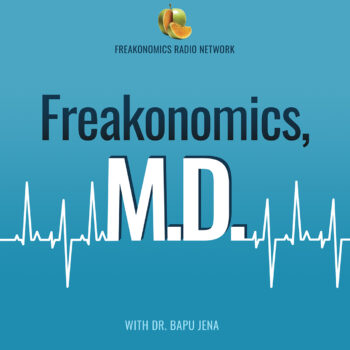
Freakonomics The Hidden Side Of Everything

Freakonomics Chapter 1 By Julia Wunderlich

Freakonomics Chapter 3

Freakonomics Ch 3 Why Do Drug Dealers Still Live With Their Moms Economic Concepts Essential Question What Economic Concepts Will Be Discussed In The Ppt Download

Freakonomics Chapter 3
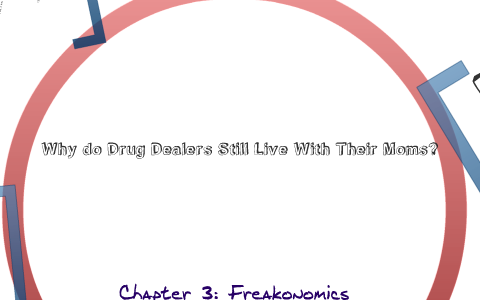
Chapter 3 Freakonomics By Shane Giddings On Prezi Next
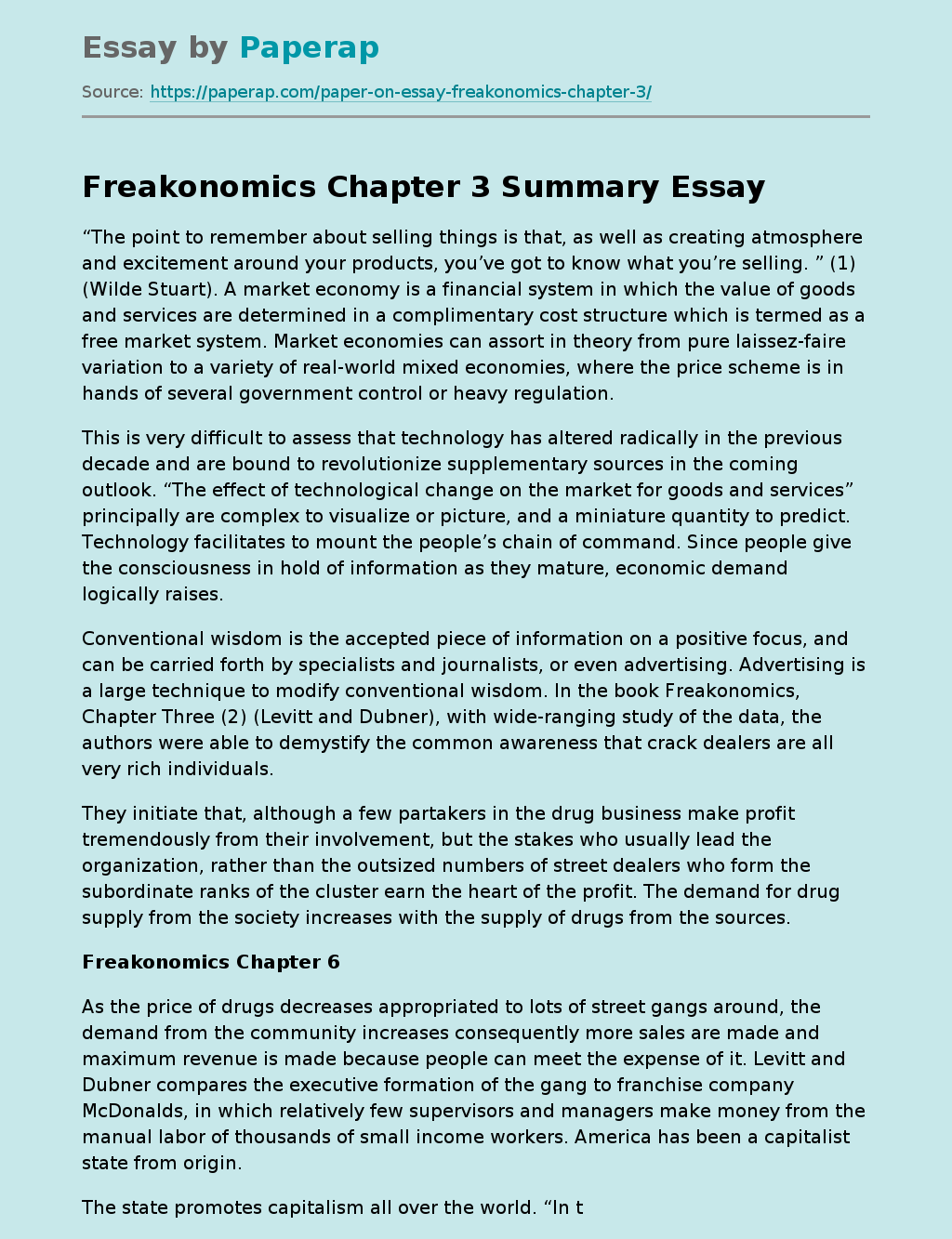
Freakonomics Chapter 3 Summary Free Essay Example
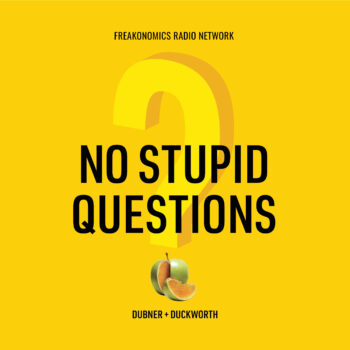
Freakonomics The Hidden Side Of Everything

Book Summary Freakonomics Steven D Levitt Stephen J Dubner
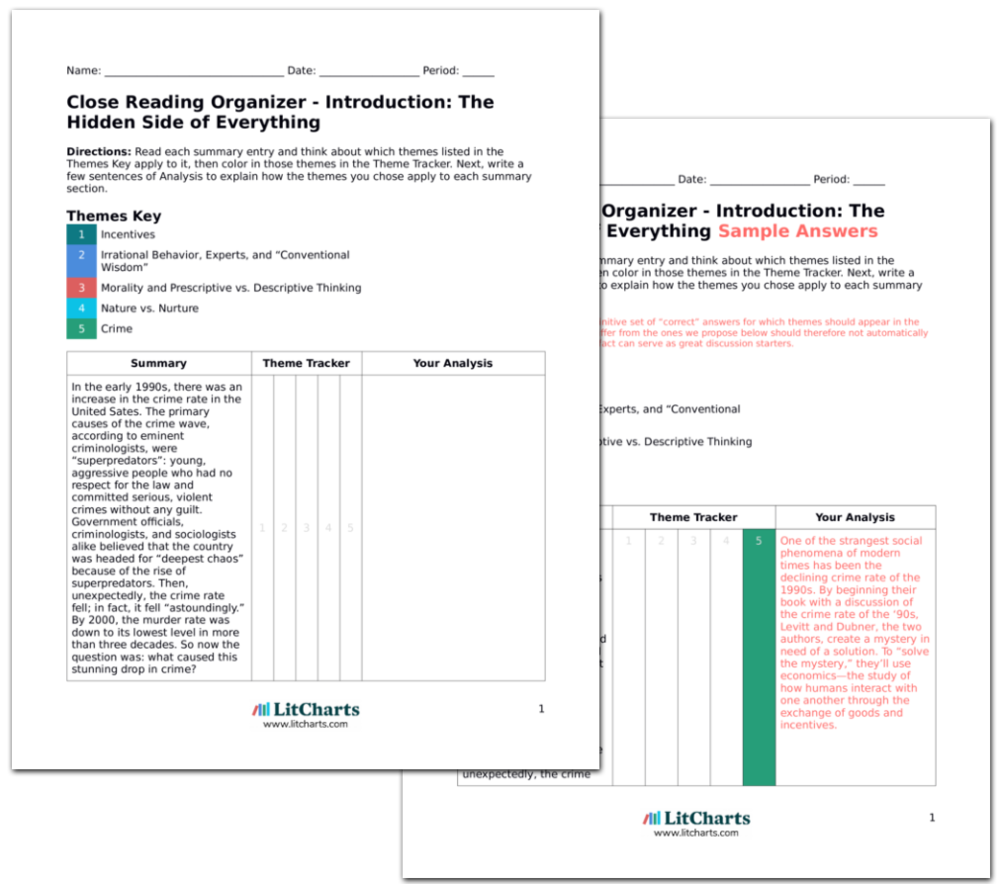
Freakonomics Chapter 3 Why Do Drug Dealers Still Live With Their Moms Summary Analysis Litcharts

Freakonomics A Rogue Economist Explores The Hidden Side Of Everything Levitt Steven D Dubner Stephen J 0352765465168 Amazon Com Books

Freakonomics Meaning Pop Culture By Dictionary Com

Freakonomics Chapter 3 Docx Will Thurman Freakonomics Chapter 3 Why Do Drug Dealers Still Live With Their Moms In Freakonomics Chapter Three Steven Course Hero
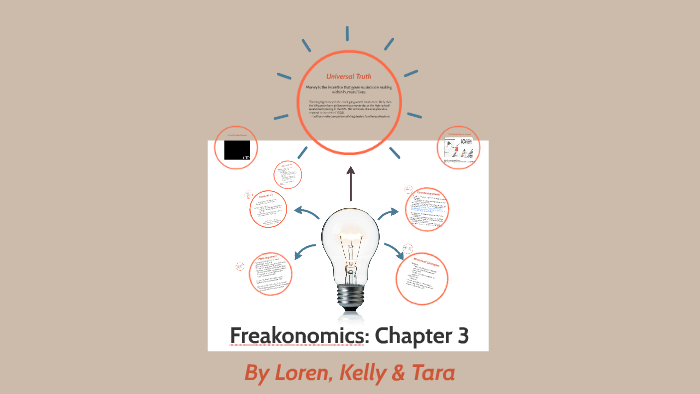
Freakonomics Chapter 3 By Tara Coulter
With The Internet And Reading Devices Such As The Kindle Are There Fewer Books Being Printed Every Day Quora

Freakonomics A Rogue Economist Explores The Hidden Side Of Everything By Steven D Levitt